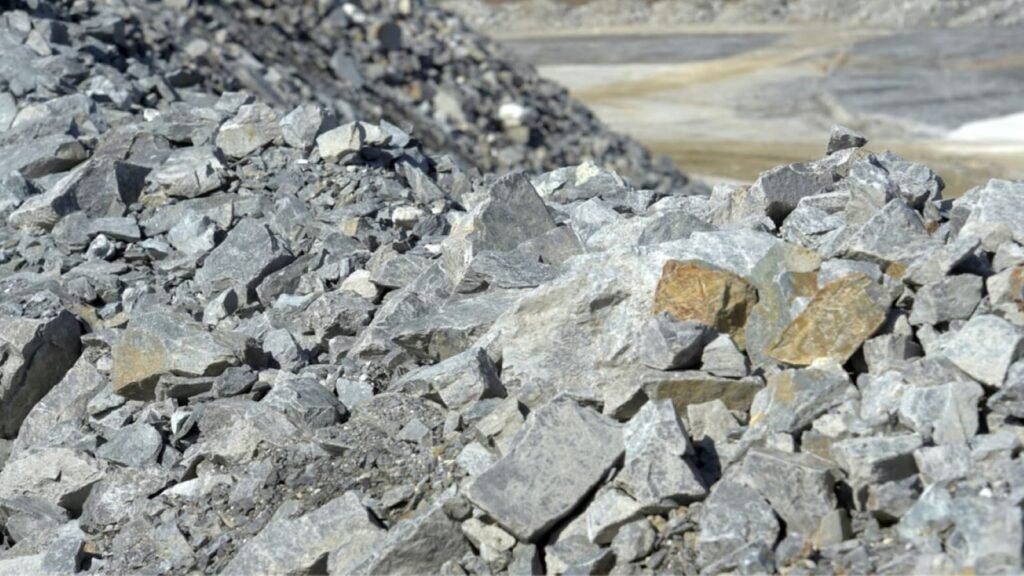A study done by the Berkeley Lab states that India’s lithium reserve is more than the required over the next 20 years, which would help India in its energy transition. A large portion of lithium would be used in car batteries of electric vehicles that can be recycled and reused in new batteries.
The study, “Pathways to Atmanirbhar Bharat,” is themed around India’s vision of energy independence by 2047. The U.S. Department of Energy’s Lawrence Berkeley National Laboratory (Berkeley Lab) released the study.
The study shows that adopting clean technology can sharply reduce the transition cost, and lithium edge can enable a pathway for cost-effective energy independence by 2047.
India’s recent lithium discovery is estimated to be 5.9 million tons, substantially larger than the cumulative lithium requirement over the next 20 or so years.
“Our analysis finds that total cumulative lithium requirements between 2022 and 2040 would be roughly 1.9 million tons; 1.7 million tons of that lithium will be used for electric vehicles.” the study states.
“We estimate that if the lithium in retiring EV batteries is recycled (up to 95%), it could meet between a quarter and a half of the annual lithium demand in the 2040s in the CLEAN-India” the study further states.
The rapid economic growth ranked India the third largest energy consumer in the world. Its energy demand will quadruple in the coming decades. India currently imports 90% of its Oil, 80% of its industrial coal and 40% of the natural gas it consumes.
The report emphasizes that India should take the path of energy independence and immune itself to global energy price fluctuation due to geo-political reasons.
The study determined that achieving energy independence will generate significant economic, environmental, and energy benefits.


